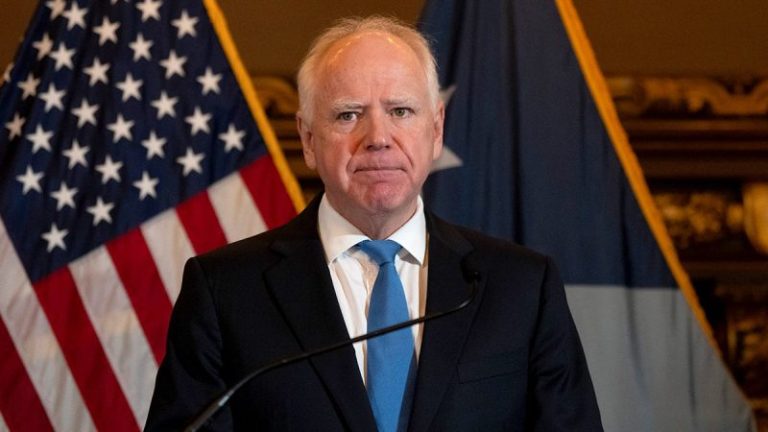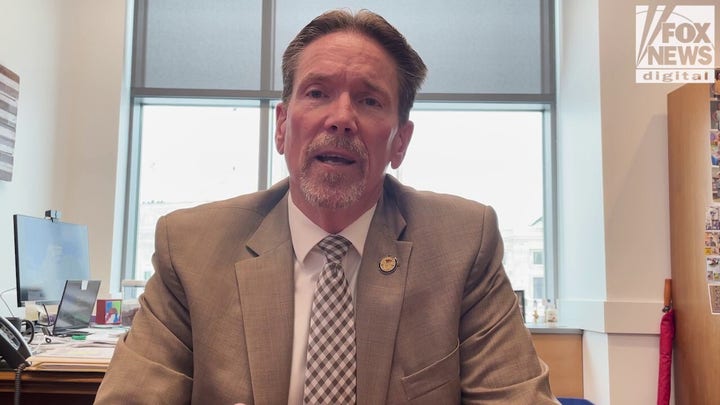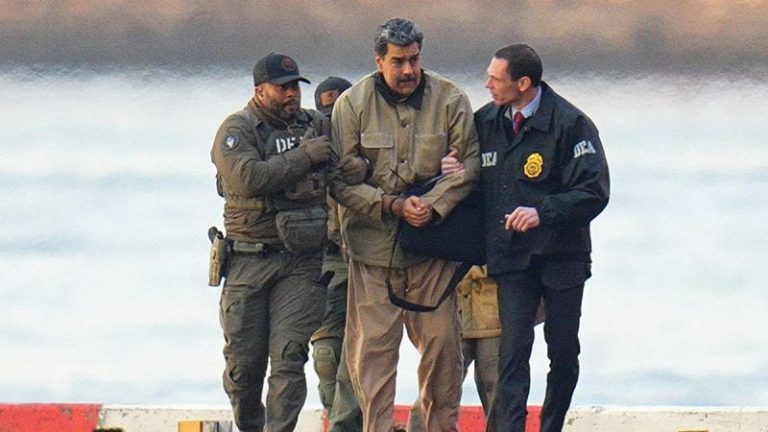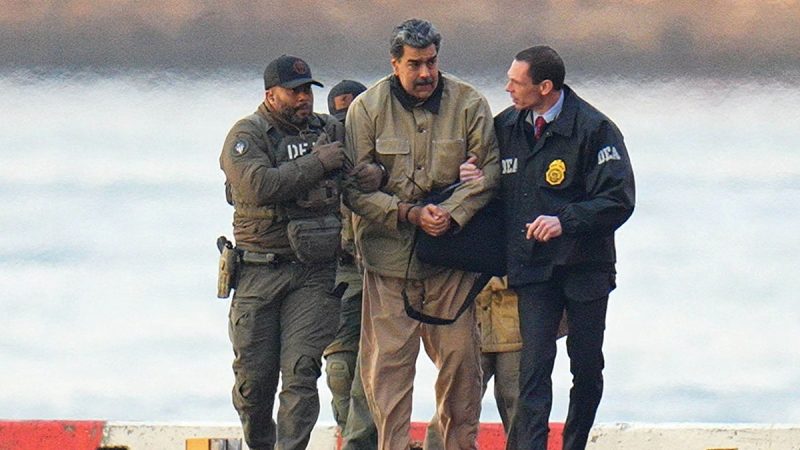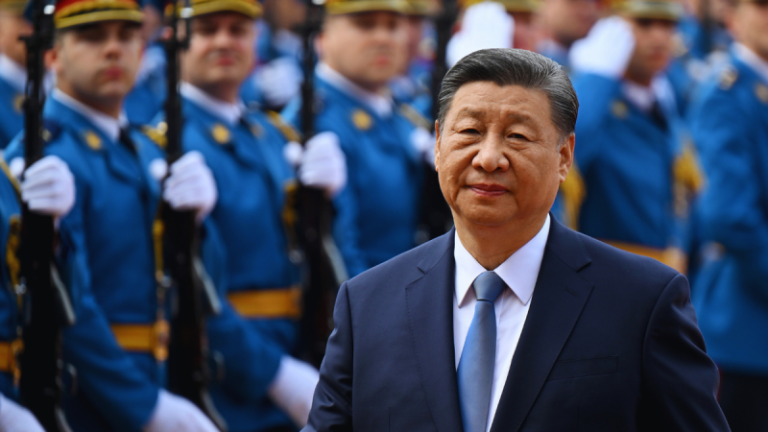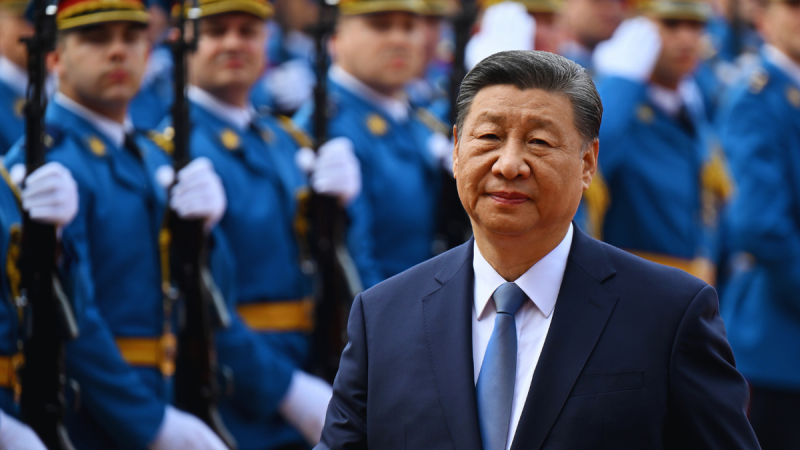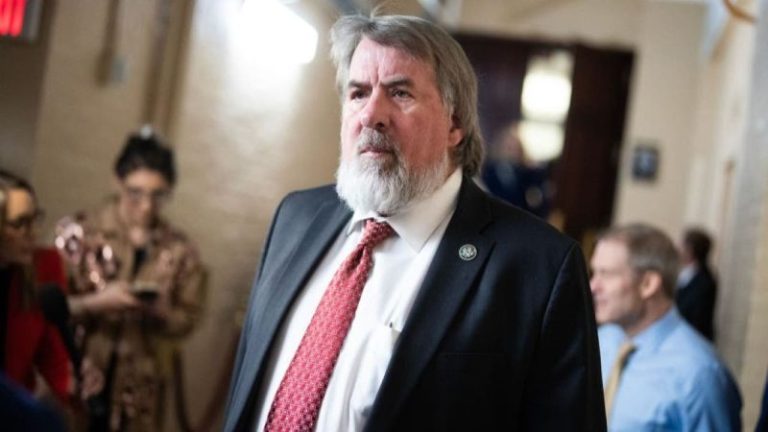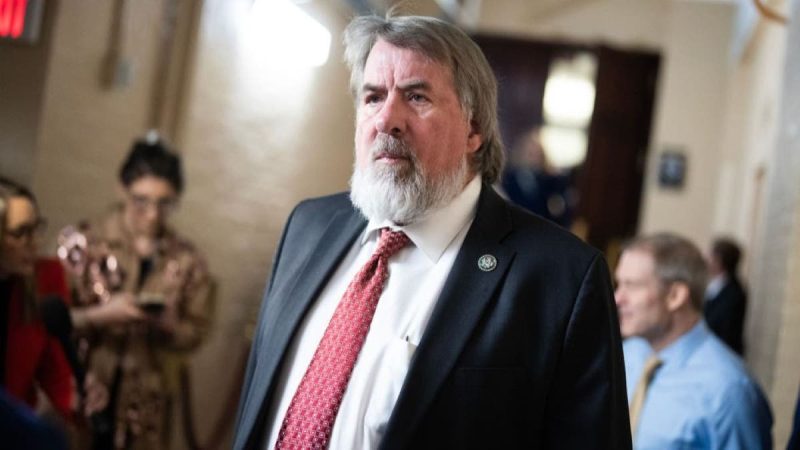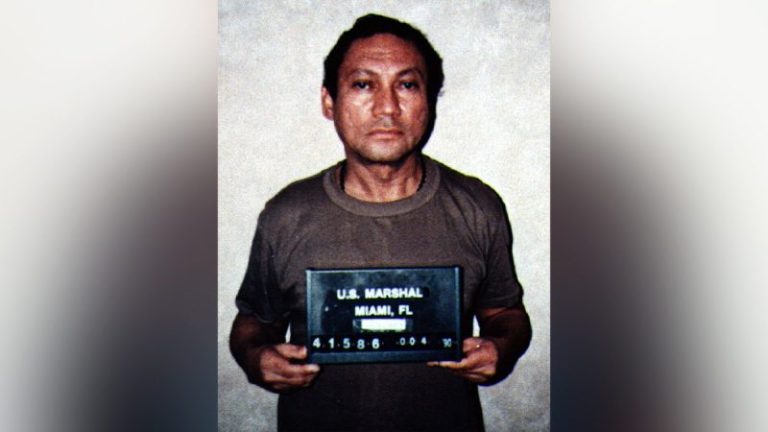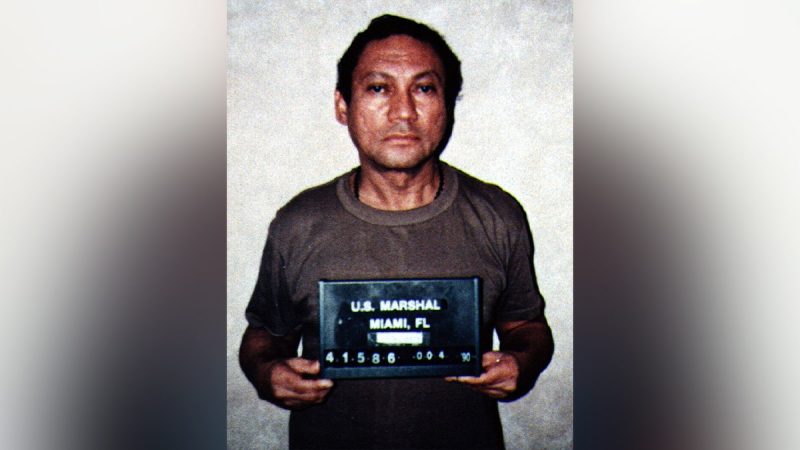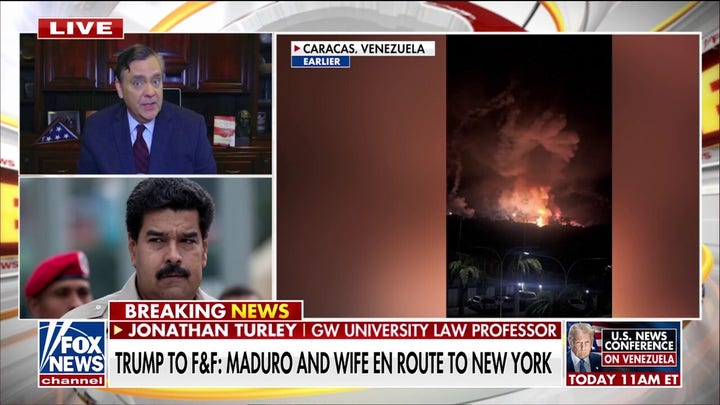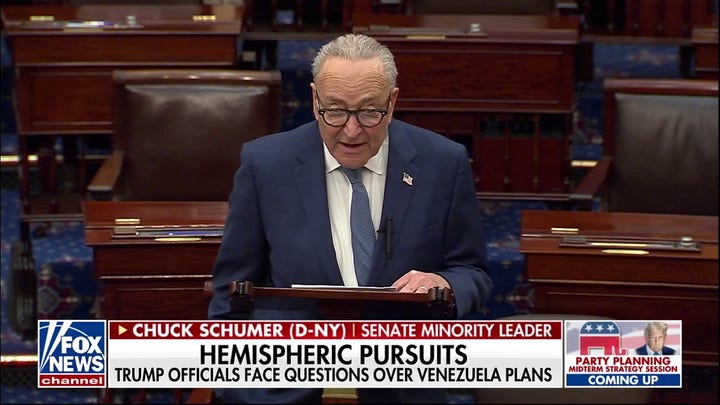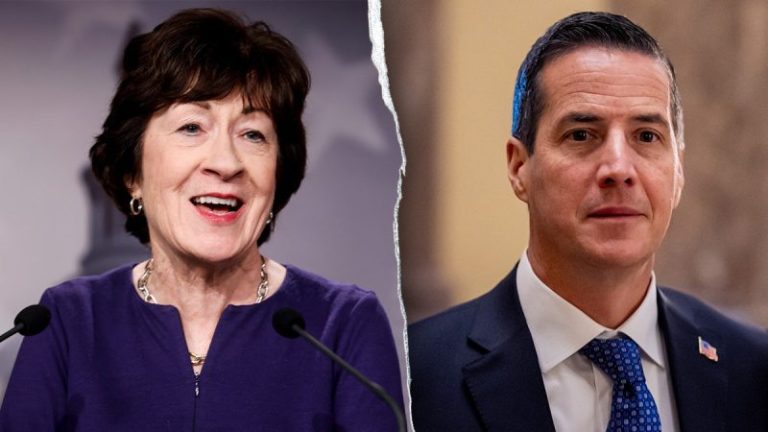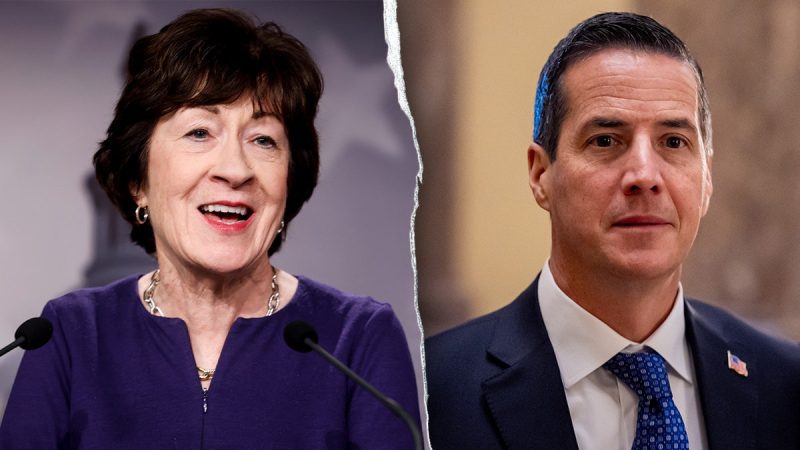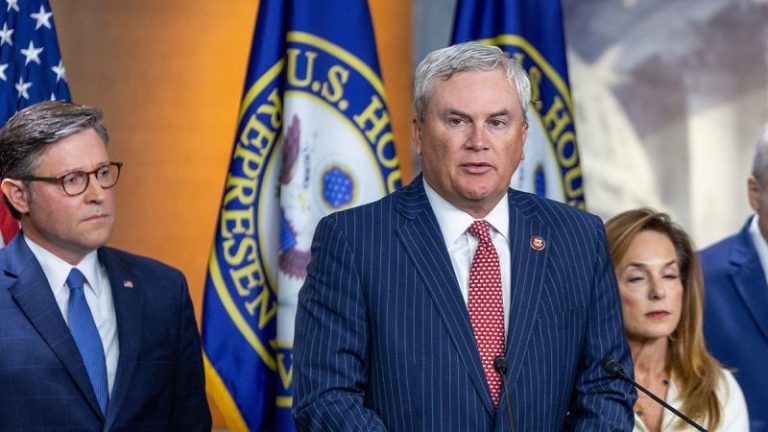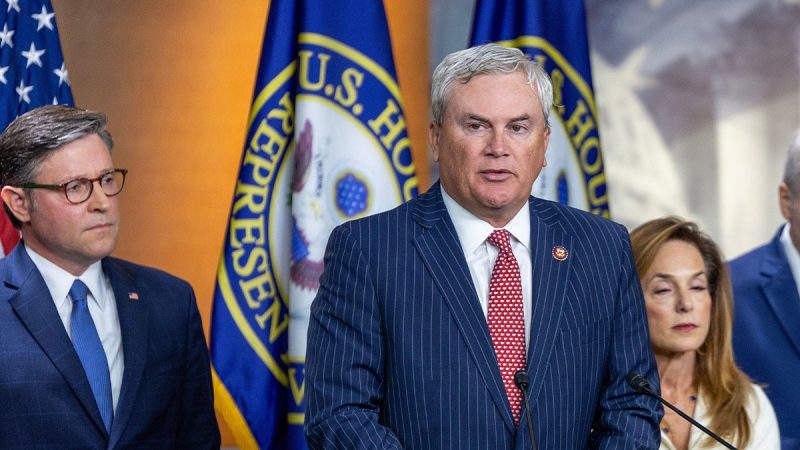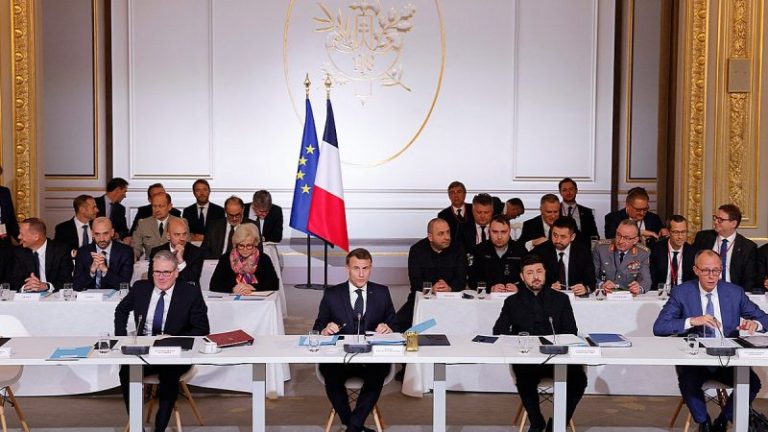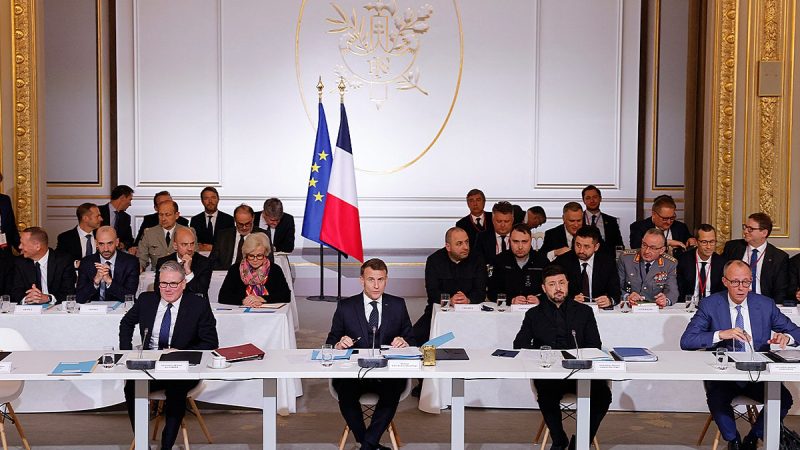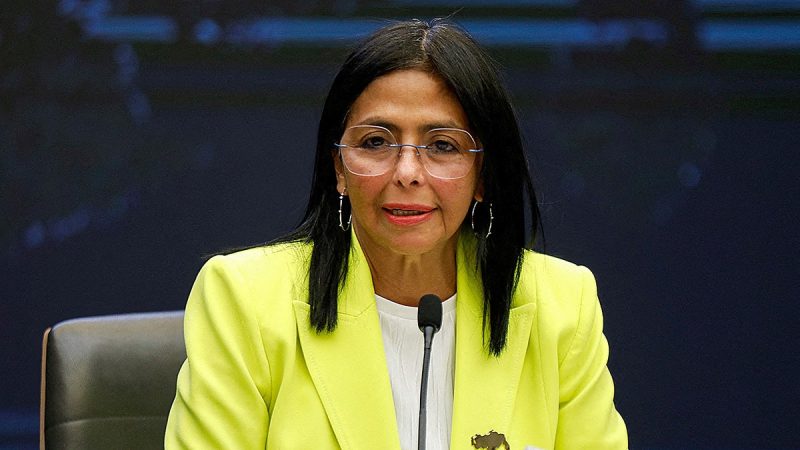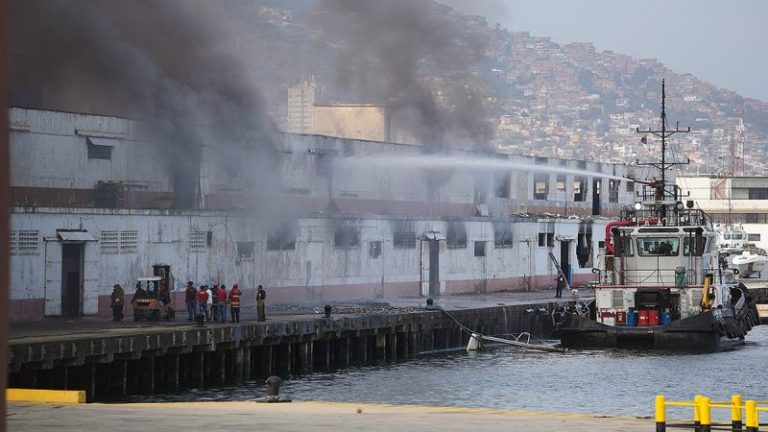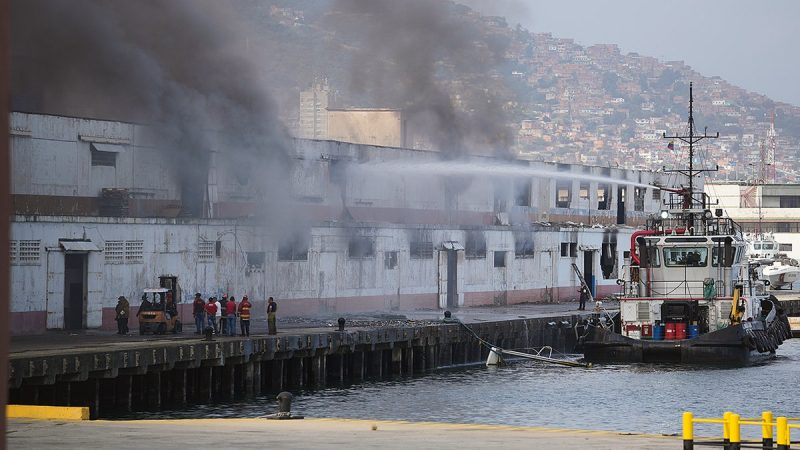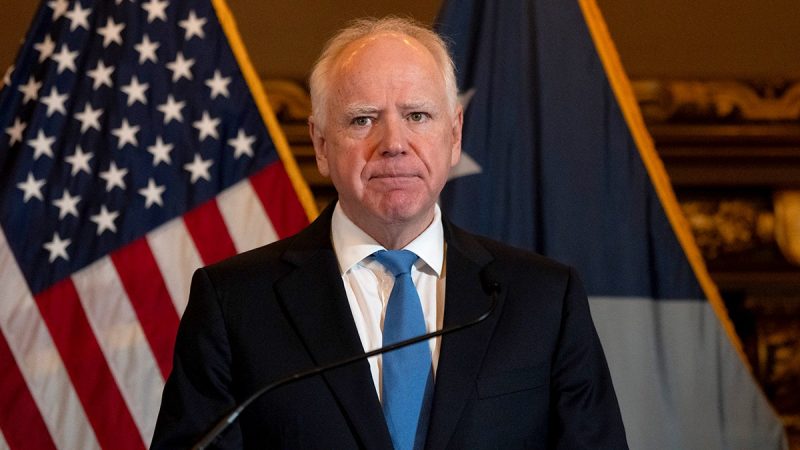
A major state audit in Minnesota conducted by the nonpartisan Office of the Legislative Auditor found widespread failures and internal control problems in the Department of Human Services’ Behavioral Health Administration (BHA) grant program, reaffirming concerns about massive fraud issues.
The report, released on Monday, found that between July 1, 2022, and Dec. 31, 2024, DHS dished out more than $425 million in grants to 830 organizations, the majority being nongovernmental, and did not show proper oversight in watching over those taxpayer funds, which in many cases were meant to help those with addiction and mental health issues.
The audit found missing progress reports and discovered BHA could not show it had completed all required monitoring visits and had no documentation at all for some of them.
Additionally, auditors discovered what appeared to be backdated or newly created documentation that did not exist before the audit, suggesting an effort to retroactively manufacture paperwork to show compliance.
In one instance, the report found that a grant manager approved over $600,000 in payments and later left the government agency to work for the grantee.
‘The OLA report shows a complete breakdown in how DHS’s Behavioral Health Administration manages hundreds of millions in taxpayer-funded grants,’ Republican State Sen. Mark Koran said in a press release. ‘BHA failed to verify that grantees were providing the services they were paid for, failed to put basic financial controls in place, and then created documentation after the fact to mislead auditors.
‘Minnesotans deserve integrity from state agencies. Fabricating evidence after an audit begins is unacceptable. It obstructs the OLA’s work and prevents DHS from correcting its failures. The finding that a DHS manager approved a large grant and later became a paid consultant for that same grantee is a blatant conflict of interest. This kind of misconduct erodes public trust and undermines the effectiveness of grant programs.’
The audit also found that when employees were surveyed, 73% of them said they did not receive the necessary training to properly administer manage grants, with one employee saying, ‘Executive leadership has repetitively shown staff that they won’t take the staff’s concerns or questions seriously until something serious happens or it makes the news.’
Minnesota’s government agencies are already under heavy scrutiny amid a fraud scandal that prosecutors say could total as much as $9 billion and has already forced Gov. Tim Walz to drop his re-election bid.
‘Today’s shocking report by the Legislative Auditor shows a culture of pervasive fraud, negligence, and deception,’ Republican House Speaker DeMuth said about the report.
‘We need answers immediately about the apparent backdating and potential falsification of documents found during the audit…It’s time to clean house and restore honesty and accountability in state agencies.’
Ultimately, the report concluded that the state government ‘did not comply with most requirements tested for mental health and substance use disorder grants and did not have adequate internal controls over grant funds.’
‘The audit makes clear that DHS leadership has failed at every level. Employees were not properly trained, oversight was ignored, and accountability was missing, from Governor Walz, to Temporary DHS Commissioner Gandhi, to BHA managers. DHS needs a full reset, starting with leadership, training, ethics, and oversight,’ Koran said in the press release.
The report was immediately picked up on social media, including from an account on X run by hundreds of anonymous DHS staff members.
‘Yes, MN DHS will falsify documents and data. Worst of all, they do it to state legislature to demand more state funding,’ Minnesota Staff Fraud Reporting Commentary posted on X. ‘And yes, MN DHS has lied to federal government. So.. fire Shireen Gandhi.’
‘Minnesota’s Legislative Auditor just dropped a BOMBSHELL,’ Townhall columnist Dustin Grage posted on X. ‘Tim Walz’s DHS fabricated records, had zero internal controls, and employees ignored oversight on more than $400 MILLION in grants. The fraud and corruption continues.’
Fox News Digital reached out to Walz’s office for comment.
Gandhi, the acting DHS commissioner, said on Monday that the ‘findings provide us with a roadmap for our focus going forward to continue strengthening oversight and integrity of behavioral health grants.’
‘I take the report seriously, I accept responsibility for the findings.’

